
The Punjab Pollution Control Board (PPCB) has taken decisive action by summoning 14 leading national and multinational brands for their significant contribution to hard-to-recycle plastic waste in the state. This follows a comprehensive state-level audit, the “Plastic Waste Brand Audit‑2025,” conducted across six cities—Amritsar, Bathinda, Jalandhar, Ludhiana, Mohali, and Patiala. The audit revealed that of 11,810 plastic packets examined, just 14 brands were responsible for nearly 59 percent of non-recyclable waste.
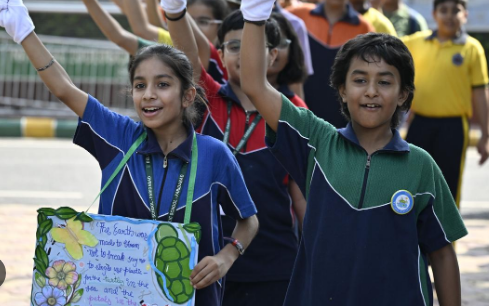
Over 1,500 students from 15 schools across Delhi-NCR are leading an innovative initiative to tackle the growing menace of electronic waste. Under the campaign titled Project YES, launched by the WellSpur Foundation in collaboration with NGO Chintan, students are collecting discarded electronic items such as old keyboards, wires, and batteries to ensure they are responsibly recycled rather than dumped in landfills. Collection points have also been set up during parent-teacher meetings, encouraging families to contribute unused gadgets for safe disposal.
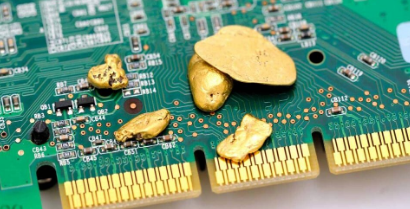
Researchers at Flinders University in Australia have developed a clean, safe, and cost‑effective method to extract high‑purity gold from electronic waste and ore without toxic chemicals like mercury or cyanide.
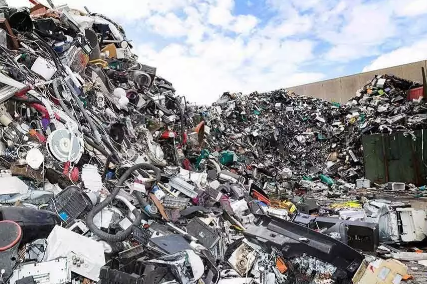
As rapid urbanization and IT sector growth drive rising electronic waste in Hyderabad, the city has launched a comprehensive set of initiatives to manage this environmental challenge. Several programmes, jointly led by government bodies and private partners, focus on educating citizens about the environmental and health hazards of improper e‑waste disposal. The initiatives aim to promote responsible disposal through certified recyclers and safe recycling standards.

In India, a growing number of artists are transforming waste materials into stunning artworks, merging creativity with environmental consciousness. These artists repurpose discarded items, from electronic components to plastic waste, into pieces that not only captivate the eye but also convey powerful messages about sustainability.

A Supreme Court judgement brought attention to multiple instances of e-waste being burned in open spaces despite limitations, and the New Delhi Municipal Council (NDMC) has issued a warning against this practice, urging residents to follow the designated standards.
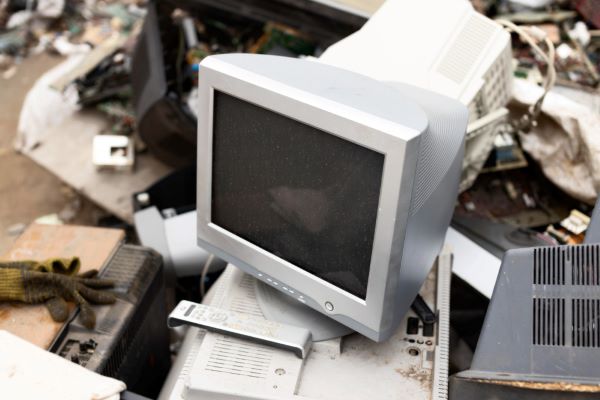
The E-Waste Management Market is estimated to reach USD 153.16 billion by 2030, owing to the widespread use of electronic devices in both developed and emerging nations, as well as rising urbanisation and industrialization.
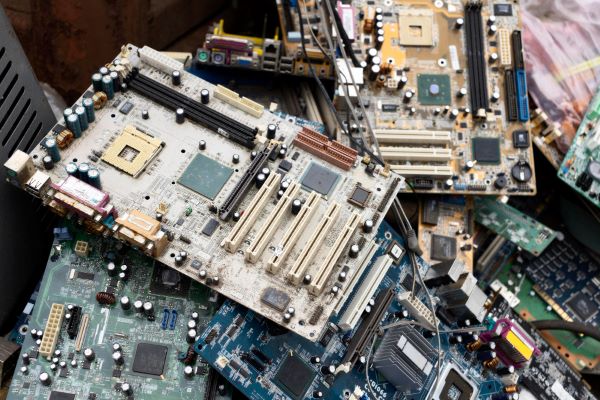
Haryana's electronic trash generation surged sixfold in 2022-23, totaling 13,12,128 tonnes, a 435% increase over the previous year.

According to the UN, the world created 62 billion kg of electronic trash in 2022 and 82 billion kg by 2030.
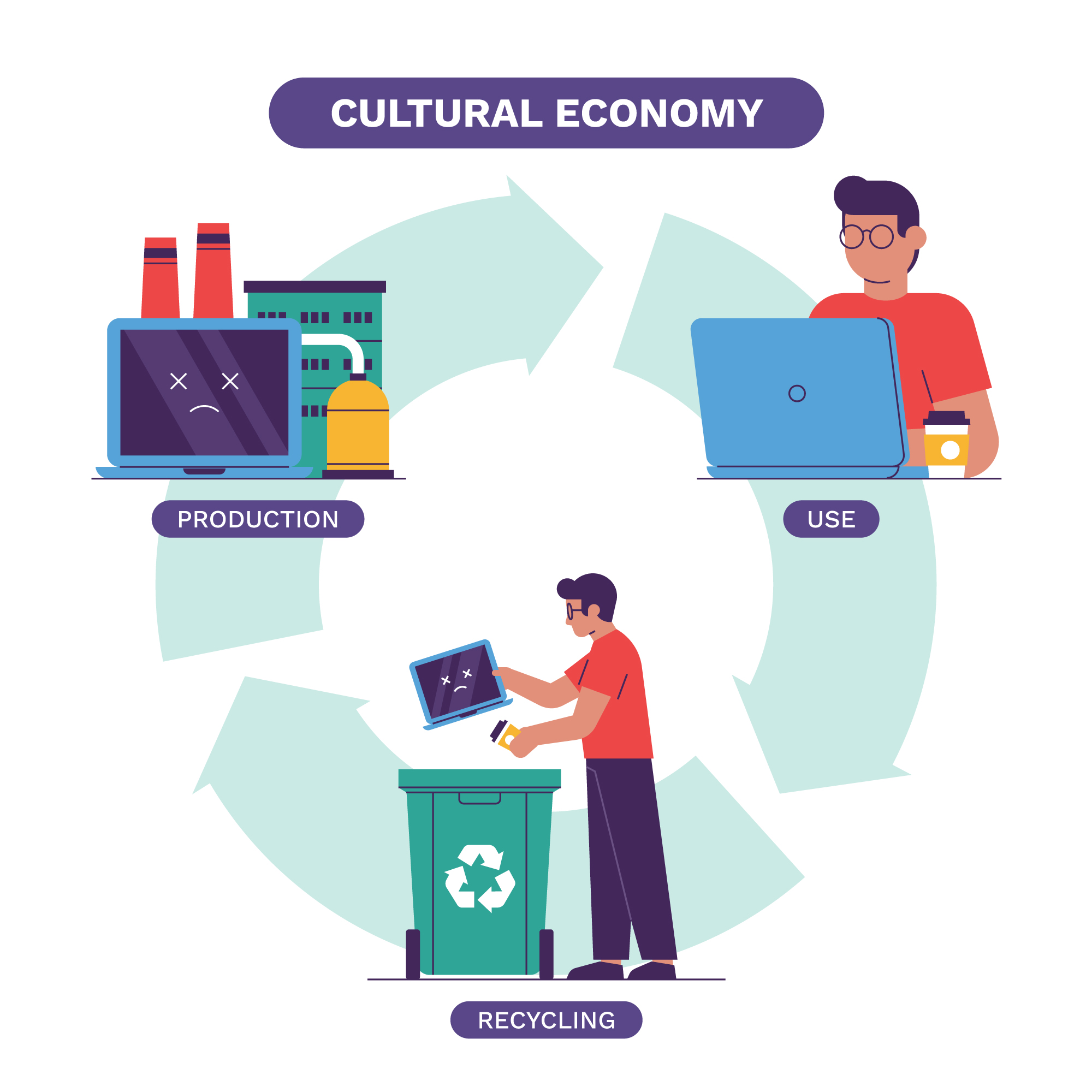
Delhi's Seelampur have been recently the center of talk as thousands of laborers toil daily in hazardous conditions, salvaging e-waste for meager earnings.